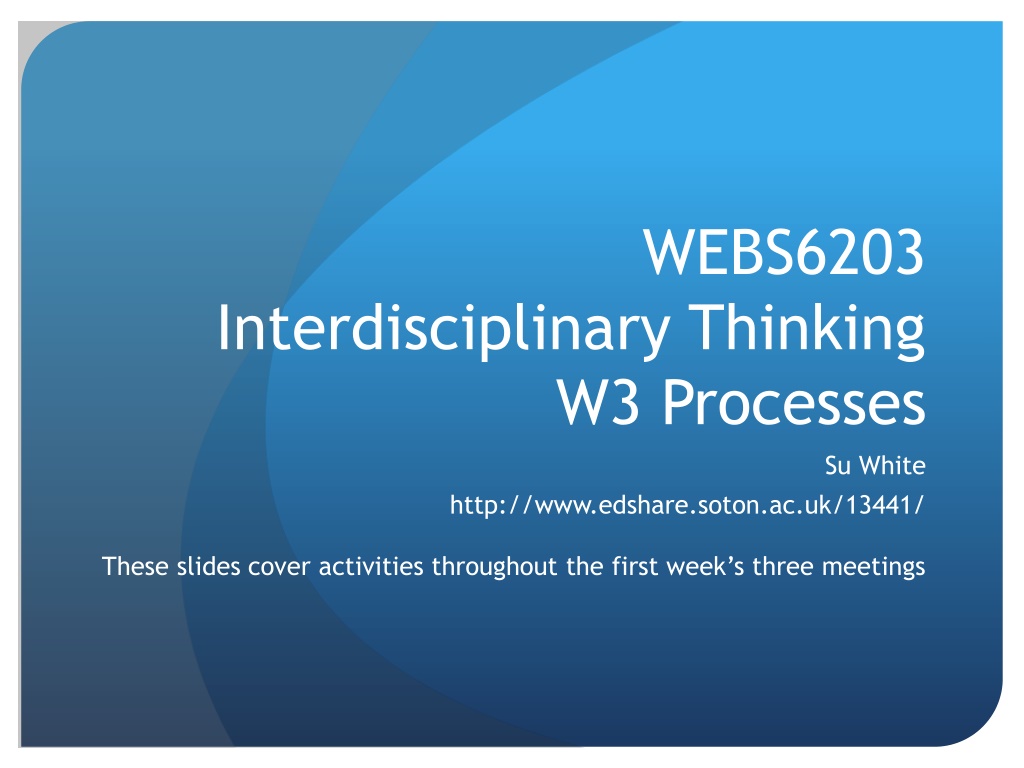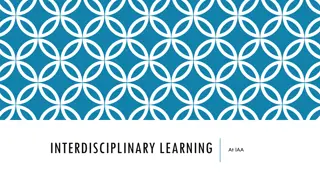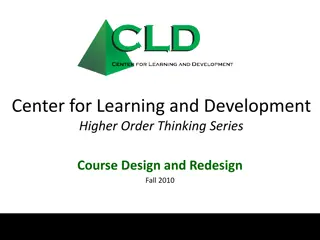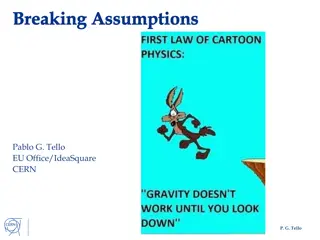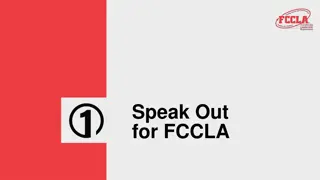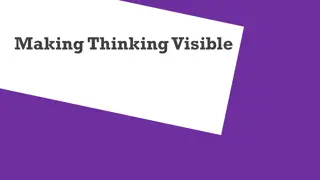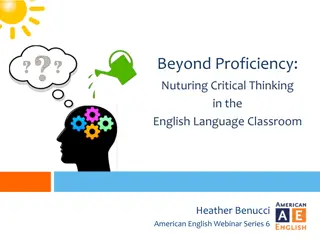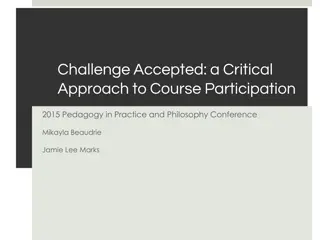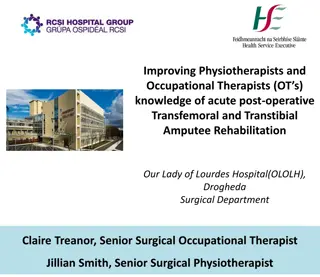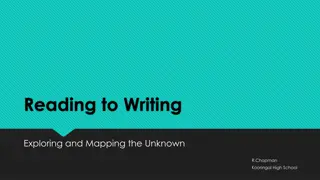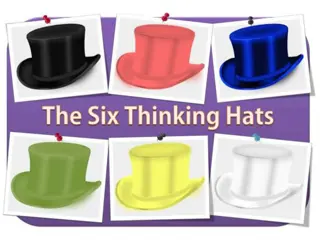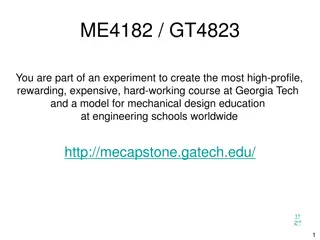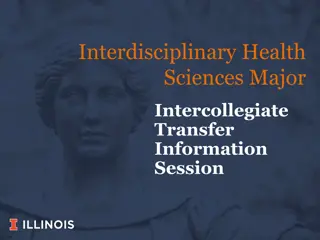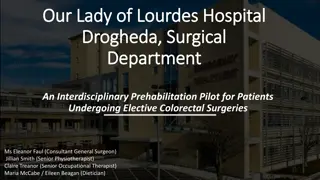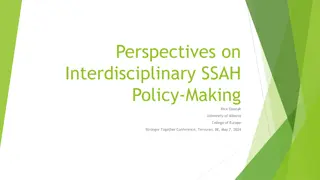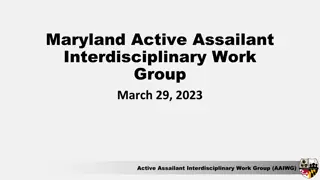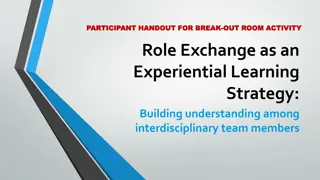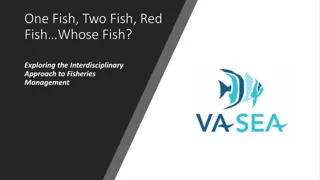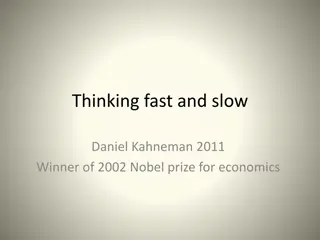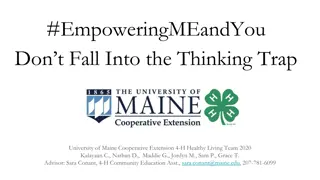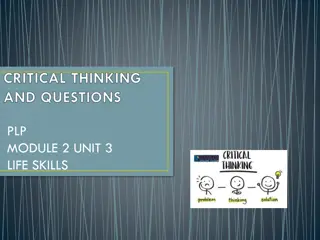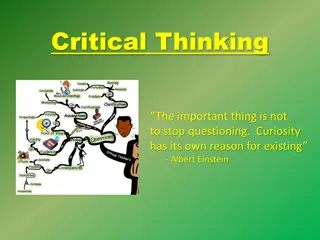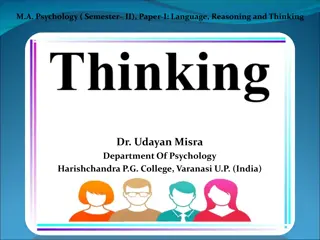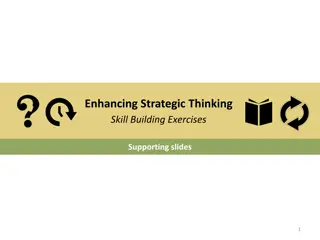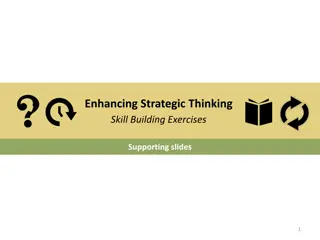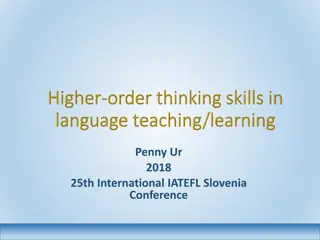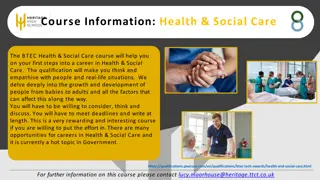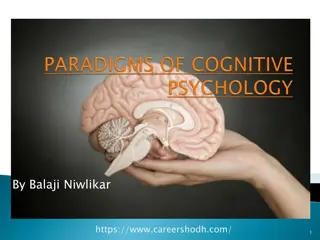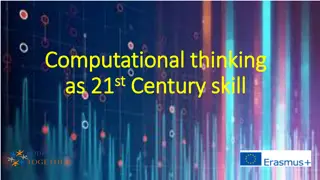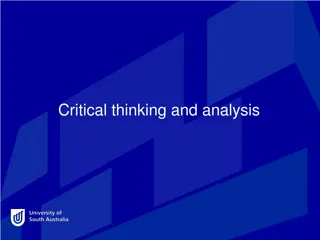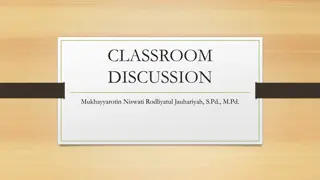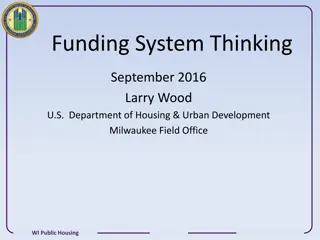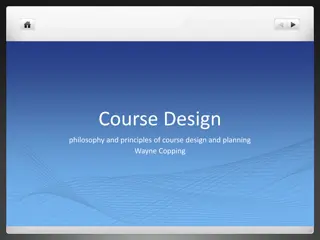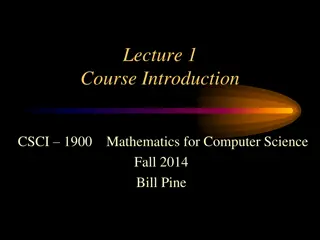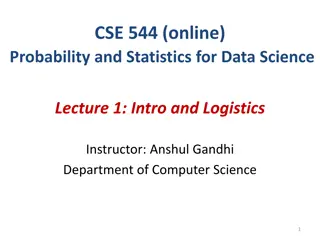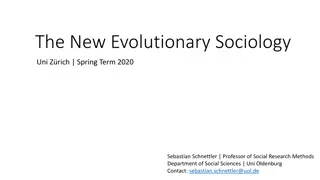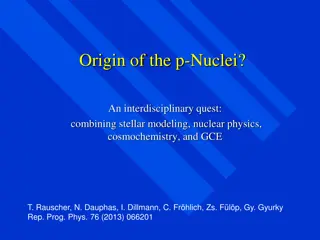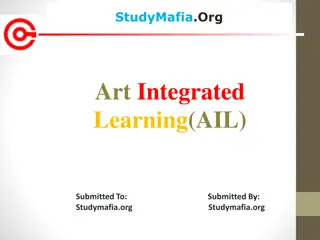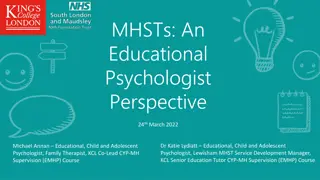Interdisciplinary Thinking Processes in WEBS6203 Course Overview
Exploring the interdisciplinary approach in the WEBS6203 course through activities like blogging, peer review, poster creation, and independent studies. Emphasis on visual communication and structured reporting, with resources provided via the module page for support. Student reflections and contributions through blogs are encouraged for deeper understanding and progression. The course structure includes introductions, scoping, lectures, surgeries, and presentations, all leading to a holistic learning experience culminating in exams and hand-ins.
Download Presentation

Please find below an Image/Link to download the presentation.
The content on the website is provided AS IS for your information and personal use only. It may not be sold, licensed, or shared on other websites without obtaining consent from the author. Download presentation by click this link. If you encounter any issues during the download, it is possible that the publisher has removed the file from their server.
E N D
Presentation Transcript
WEBS6203 Interdisciplinary Thinking W3 Processes Su White http://www.edshare.soton.ac.uk/13441/ These slides cover activities throughout the first week s three meetings
Weekly focus Introductions and scoping Clarification and beginnings Process lecture: specifications and structures Independent study: Blogging and surgeries Independent study: Blogging and surgeries Independent study: Blogging and surgeries Focus on hand ins: Revisit specification for posters and reports Poster surgery Poster pitches and poster hand in Independent study: Peer review and revisions Q&A Vacation 1-3 Last minute surgery, report hand in Exam period 1 2 3 4 5 6 7 8 9 10 11 12
How you will demonstrate your learning Poster Communicate key points in visually compelling manner Report Provide a structured overview of your chosen areas discussin g reading thinking blogging reviewing reflecting revising
Use ECS notes as your reference point Screenshot 2014-09-29 12.34.04.png https://secure.ecs.soton.ac.uk/module/1415/WEBS6203/33406/
Support materials Work plan Module page Hand in (fixed dates) Example posters and reports HESA disciplines In the wild Previous posters WAIS/DTC Existing research Overview Slides Processes Research Mendeley Visual literacies Supplementary Creation Poster pointers Reflection Blogs
Resources via the module page Walk through
Blog contributions You will receive an invitation to the blog Suggested format for your reflections Make a simple contribution What? Reporting on a thought, event, stage of understanding Your Name A photo please So What? What are the implications? Some reflection Now What . How are you going to progress things?
reminders Overview of the process
What we expect you to do 1. DEFINE problems, issues, topics or questions that warrant interdisciplinary examination 6. STUDY the problem and generate insights including predictions from each of the relevant disciplines - in isolation!! 2. PRESENT a clear rationale for taking interdisciplinary approach including the advantages to be gained 7. IDENTIFY conflicts between and/or areas of complementary between the insights offered from each discipline 3. IDENTIFY relevant disciplines 8. CREATE common ground by developing a cohesive framework of analysis that incorporates insights from the relevant disciplines in a systematic manner 4. CONDUCT a literature review (what is known on the topic from each of the disciplines) 5. DEVELOP a command of each relevant discipline set out the analytical structure central to each discipline, identify key underlying assumptions, and methods of evaluation. 9. COMBINE disciplinary insights to construct new more integrated understanding of the problem Repko & Welch 2005
The flow of activites Disciplinary insights Understanding problem Integration
Selecting your topic: What to do next Think about your target contributory topics Watch a few video lectures e.g. YouTube, ITunesU Look into their foundational concepts Talk to your fellow students Reflect on your other lecture content Consult textbooks (university library) Look at proceedings from previous web science conferences Look at programme specification (online, this university and others) Establish some shared working methods
Look at the posters & reports Individually or in groups Use this as a guideline
An idea of web science you may have seen
